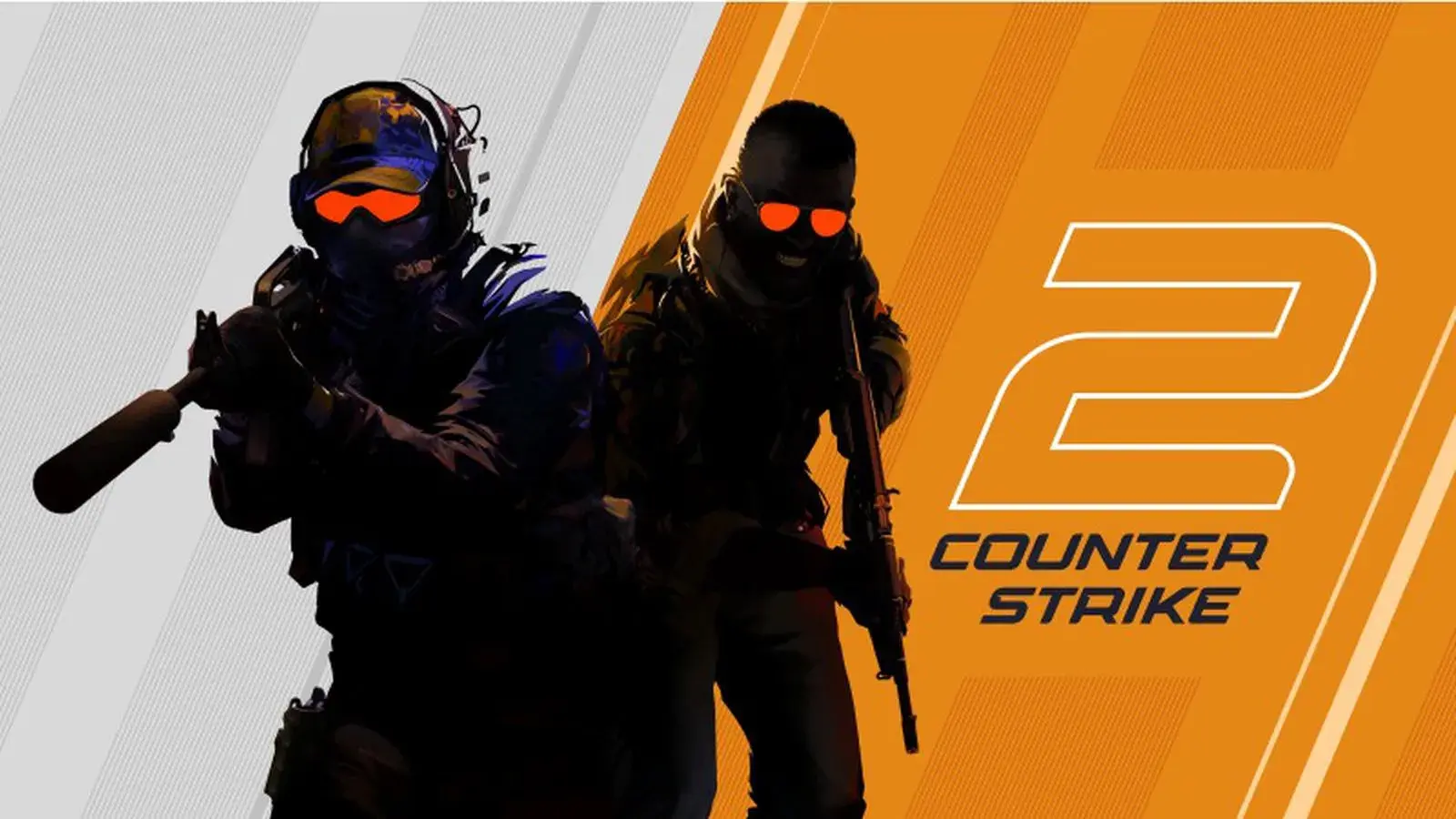Good.
But it does seem I DO need to tell you how Linux works.
Linux runs the world. To say it's unstable is like saying wood is unstable. You can use it to create any conceivable system, because you don't need to rely on others to change it. Being a "woodworker" is enough. To achieve the things that can be achieved with Linux using osX or Windows, you need to convince their respective wardens to go poking in their code to make the changes you need.
Linux is the definition of stable, because you can grab its entire code-base and just use it for a given need, forever. You can still rely on ten-year-old software if you have to, you can still run deprecated code, and you can apply security patches without losing access to old features. What the hell do you mean by by unstable APIs? If your services need a certain version of something, you just use that. That's not wise of course, but if all you're doing is running an old game via openGL, that's fine.
The same goes for proton. Once a game works, that's locked in. They only way that will ever break is if any part of the system is updated in a way that makes using an older version of it, impossible. The list of games that proton can run is growing like a compatibility list for a console emulator, once it's at 100%, only new games will ever make it go down.
I don't care if a company "projects stability". Real stability is hardware that doesn't rely on a corporate computer network to begin with. Games that run regardless of whether steam is installed, phones that work without an account and cloud agnostic software systems like Nextcloud, Collabora, Matrix. LIKE LEMMY FFS!
And Linux is the only OS level software which has that same kind of immortal stability. Code that will still be there, that will still run, and will still be getting worked on by someone, decades from now. To call Linux unstable, is the most incorrect thing I have ever read. Open source development is a ratcheting mechanism that only goes forward. You can't uncreate FOSS applications, but proprietary systems die all the time, only for more code that does the same thing to be written within a new context, where FOSS systems just use the same code next time.
If someone needs a piece of code, it's either already been written, or will be written. If it's already written, it can simply be used. That's Linux.
For as long as it has users, FOSS code almost always also has developers. Only proprietary systems can go "out of date" due to a lack of updates despite having users.
It seems to me like you are lamenting exactly the types of things, I run AWAY from companies like apple to avoid, yet you attack the very alternatives that could solve those things, and went into the walled garden willingly, expecting to be cared for.
And no, Valve isn't one of those alternatives. They are a corporation same as any other, but one that happens to be contributing to the solution right now, rather than the problem.



![[HN] Valve Says Counter-Strike 2 for macOS Not Happening, There Aren't Enough Players](https://radiation.party/pictrs/image/3ace3e3a-1d54-4ff5-9aac-28717eff2fda.jpeg?format=webp&thumbnail=196)
